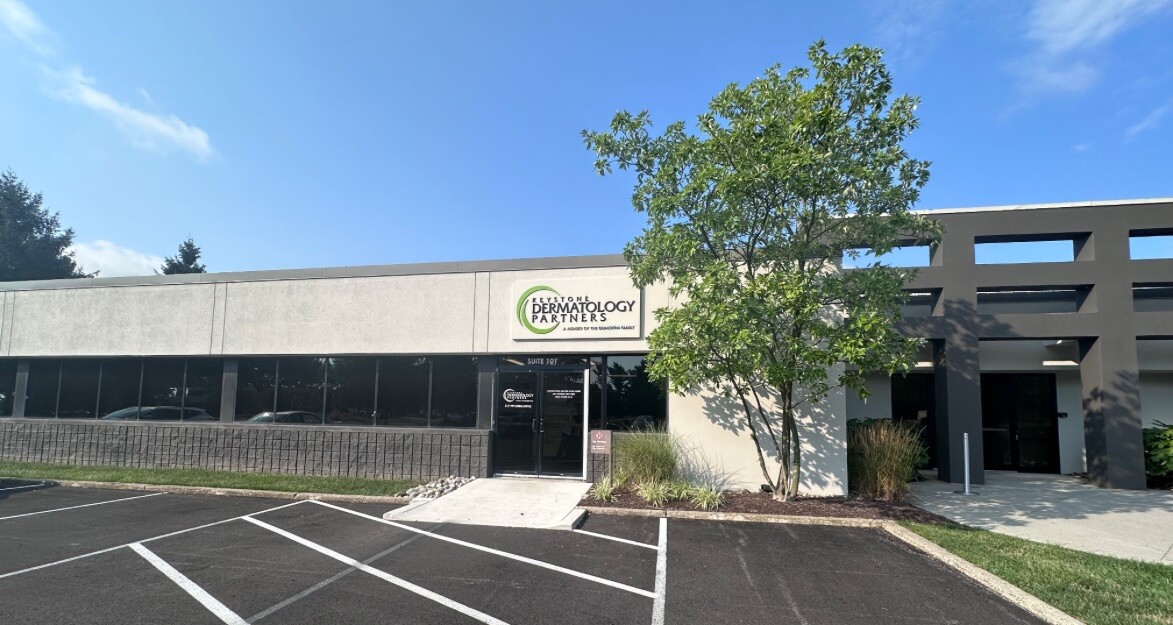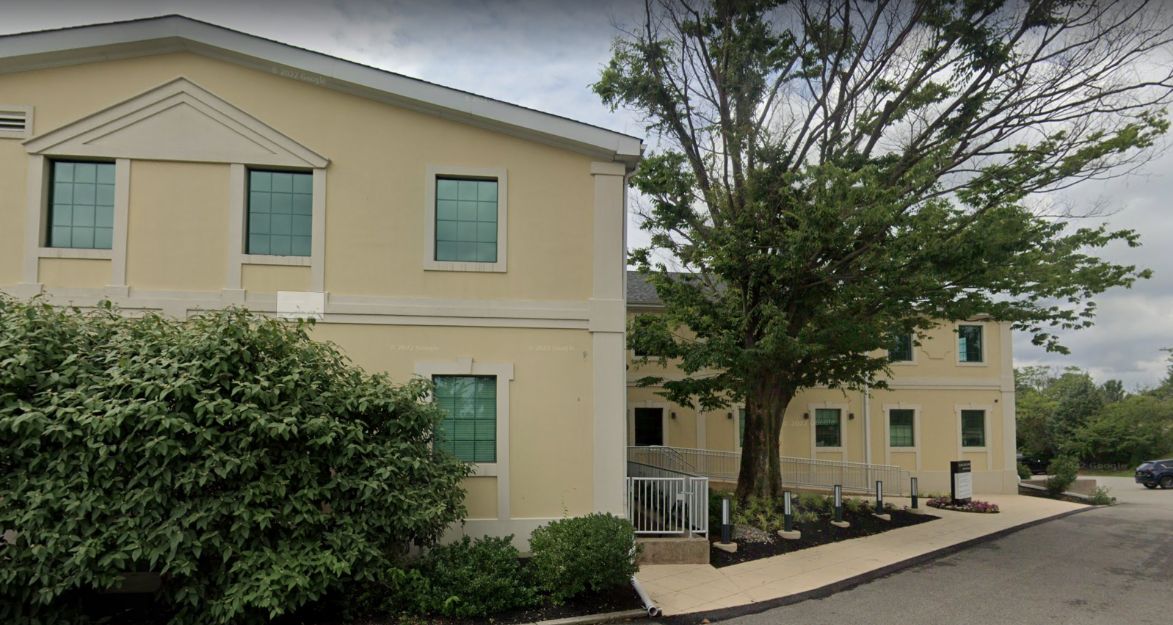Acne
Understanding Acne: A Common Skin Condition Affecting Millions
Acne is one of the most common skin conditions, affecting people of all ages, particularly adolescents. With over 650 million people worldwide dealing with acne, it is the most widespread skin disorder globally. Acne occurs when natural oils (sebum) and dead skin cells clog hair follicles and pores, creating an environment where bacteria thrive, leading to inflammation and symptoms like pimples, whiteheads, and blackheads. It affects men and women of all races and ages.
Causes and Development of Acne
Sebum Production: Excess sebum from sebaceous glands can clog pores.
Dead Skin Cells: Dead skin cells can mix with sebum and become trapped in hair follicles.
Bacterial Growth: Blocked follicles create a breeding ground for bacteria like Propionibacterium acnes (P. acnes), causing infection and inflammation.
Inflammatory Response: The body’s immune reaction to infection results in redness, swelling, and various types of acne lesions such as pustules, nodules, and cysts.
Who Is Affected by Acne?
While acne is most commonly seen in teenagers due to hormonal changes during puberty, it also affects adults. Factors like hormonal fluctuations, stress, diet, and certain medications can trigger or worsen acne in adults. Genetics also play a key role; if your parents had acne, you're more likely to develop it too. Acne can persist into adulthood, impacting people in their 20s, 30s, 40s, and even 50s.
Examples of Acne
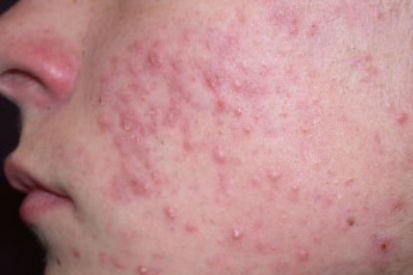

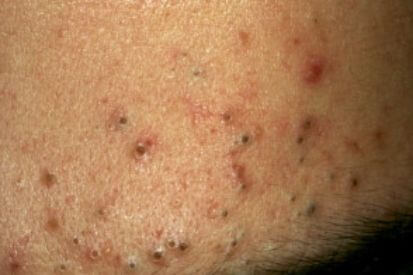
Acne Breakouts
- Nose
- Chin
- Forehead
- Lower face
- Jawline
- Cheeks
Causes of Acne
- Hormone imbalances
- Various medications
- Friction on the skin
- Stress
- Family history
- Diet
What Exactly Is Acne?
When too much sebum is produced, dead skin cells inside the pores become trapped, creating a clog. A bacterium called P. acnes is commonly found in these pores, and clogs allow it to multiply. This can cause an infection, leading to inflammation and the formation of pimples.
Acne FAQs
Over-the-counter acne products typically contain ingredients like benzoyl peroxide, salicylic acid, or alpha hydroxy acids. These products can be effective for mild acne. Prescription treatments, on the other hand, may include stronger formulations of these ingredients or other medications such as topical or oral antibiotics, retinoids, or hormonal therapies. Your dermatologist can assess the severity of the acne and recommend an appropriate treatment plan.
The timeline for acne improvement can vary depending on the severity of the acne, the chosen treatment, and individual factors. Over-the-counter products may show initial results in a few weeks, while prescription medications, such as topical retinoids or oral antibiotics, may take several weeks to a few months. It's important to be patient and consistent with the recommended treatment plan. If there's minimal improvement or worsening of acne, your dermatologist may adjust the treatment.
Acne is a common skin condition that can affect people of all ages, genders, and ethnicities. It is most commonly associated with adolescence due to hormonal changes during puberty, but acne can persist or develop in adults as well.
Dermatologists tailor acne treatments based on the individual's skin type and the severity of the condition. Common treatments include topical medications like retinoids and benzoyl peroxide, oral antibiotics, and, in some cases, oral contraceptives or isotretinoin. Light and laser therapies may also be recommended.
Dermatologists offer various treatments to address acne scarring, including laser therapy, chemical peels, microneedling, and fillers. While complete removal of scars may not always be possible, significant improvement is often achievable.
From Our QualDerm Family of Providers: Acne Treatment Options
Comprehensive Acne Care at Keystone Dermatology Partners
At Keystone Dermatology Partners, we prioritize your skin health and understand how much acne can affect your life. Whether you are 13, 23, or 53, struggling with acne can be challenging, but you don’t have to face it alone. Our team of expert dermatologists provides personalized care tailored to your specific skin needs.
Tailored Acne Treatment Plans for Every Age Group:
Adolescents: Teenage acne often needs treatments that target excess oil and bacteria. Our dermatologists may suggest topical treatments like benzoyl peroxide, salicylic acid, or retinoids, and oral medications when necessary.
Young Adults: Acne in your 20s and 30s can be influenced by hormonal changes and lifestyle factors. We offer advanced treatments, including hormone therapy, light therapy, and chemical peels, to effectively manage persistent acne.
Mature Adults: Treating acne in older adults requires a gentler approach that considers aging skin. Our dermatologists focus on treatments such as retinoids, anti-inflammatory medications, and other advanced options to promote clear skin without irritation.
Acne Treatment Offered at Keystone Dermatoloy
Chemical Peels help to remove layers of dead and damaged skin cells, revealing the healthy and unblemished skin underneath. They are quite effective for unclogging pores and treating oily skin, resulting in a reduction in acne. Peels can also soften the appearance of acne scars.
Prescription Creams are a type of topical acne treatment that helps in cleaning out the pores by removing the dirt and bacteria that cause acne. Prescription creams are not to be used during pregnancy and must be used as directed.
Manual Extraction is a process that removes acne from the skin through the use of specialized sterile medical instruments. These tools include a precise blade and a comedone extractor, which is an instrument that creates pressure to remove solids or fluids from inside the pimple. It is not typically used for inflamed acne.
Cortisone Shots help reduce the amount of inflammation, pain, and swelling around cystic acne, dermatologists often inject a more diluted form of corticosteroid. This is injected directly into the cyst. This treatment is reserved for the more tender and swollen types of cysts that are not responding to typical therapies. It is effective in shrinking nodules and cysts.
Topical Retinoids are a type of medication used to help control comedonal acne (blackheads and whiteheads). They are also referred to as retinoic acid or vitamin A acid. Topical retinoids are available in the form of a gel, ointment, cream, or foam that is to be applied directly to the skin. They promote the exfoliation of skin cells and boost the production of new skin cells.
Antibiotics for acne treatment are available as prescription drugs. They help reduce oil formation and infection by treating the bacteria responsible for acne formation. Antibiotics take a few weeks to months to remove acne.
Related Blogs
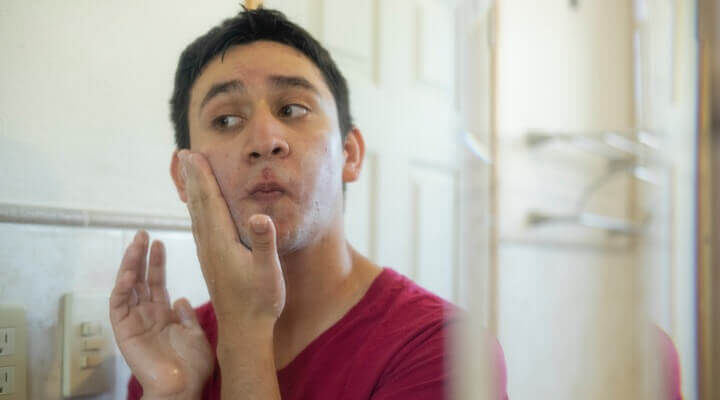
- General Dermatology
- Skin Care
Dermatologists are noticing a trend between protein supplements and acne flares. This blog explores protein alternatives that won't worsen your acne.
Read More
- General Dermatology
- Skin Care
Read this blog to explore the connection between chocolate consumption and acne.
Read More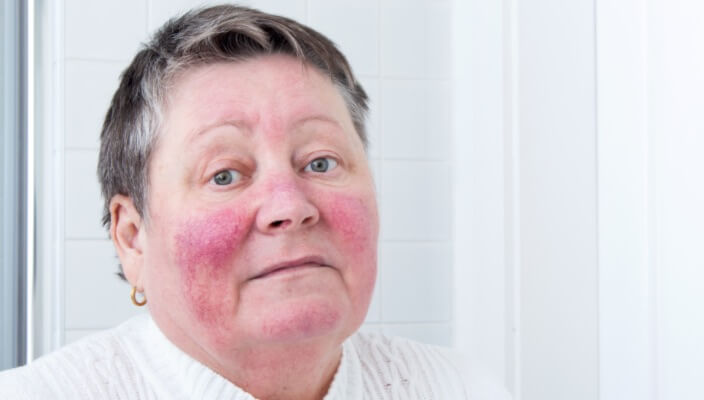
- General Dermatology
- Skin Care
Rosacea is a common skin condition characterized by facial redness and pimples. A recent study suggests that drinking caffeinated coffee may reduce the risk of developing rosacea, highlighting a potential benefit of coffee consumption.
Read More
